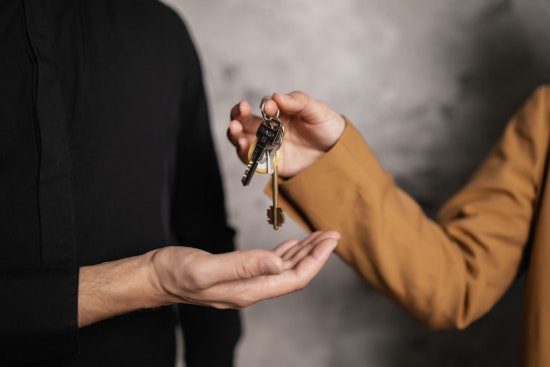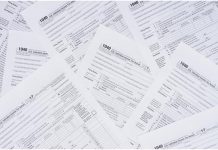Purchasing a house can be thrilling and intimidating, especially for first-time buyers. While locating the right house and getting a mortgage may be at the top of your priority list, it’s crucial to consider the additional costs of owning. This post will review five expenses to remember while buying a home and recommend how to budget for and handle these costs.


Closing Costs
Closing costs are expenses incurred to conclude a house transaction. These can include, among other things, the cost of appraisals, testing, title searches, and legal expenses. Budgeting for closing fees is essential because they can account for 2-5% of the residence’s purchase price.
Home Inspection and Repairs
It’s crucial to have a property professionally assessed to find any potential problems before buying it. Depending on the inspection findings, repairs can be required before or after the sale. Budgeting for these expenses is crucial since they may add up rapidly.
Property Taxes
The local government assesses property taxes based on the property’s worth. These taxes can vary substantially depending on where it is as well as the worth of the property, so it’s critical to do your homework and budget for them.
Homeowners Insurance
Homeowners insurance is required to safeguard your house and valuables in the event of damage or theft. The cost of homeowner’s coverage might vary depending on where you live, the age and condition of your property, and the policy choices you select.
Maintenance and Repairs
Homeownership entails regular maintenance and repair expenses such as gardening, HVAC maintenance, and equipment repairs. These fees might vary substantially according to the age and state of the property, so it’s critical to budget for them.
Budgeting for Homeownership Expenses
Now you’ve become aware of the numerous expenditures connected with homeownership, it’s time to plan for them. Here are some suggestions for budgeting for homeownership expenses:
Create a Comprehensive Budget
Making a detailed budget is a necessary step in becoming a successful homeowner. You can manage your expenses, organize your spending, and prevent overspending by using a budget. Including all of your monthly spending in your budget is critical, especially the cost of your mortgage, utilities, food, and other obligations.
Put Money Aside for Emergencies
Unexpected costs are an inevitable part of life and may be particularly expensive if you own a property. An emergency fund is crucial for weathering unforeseen bills, such as unanticipated repairs, job loss, or medical issues. Therefore, it’s critical to set aside money for unplanned expenses.
Prioritize Saving
Saving for greater requirements such as repairs or upgrades, in addition to setting money aside for emergencies, is critical. While regular repairs and maintenance should be budgeted, major costs, such as a new roof or kitchen makeover, would necessitate more significant reserves. Consider opening an independent savings account for home-related costs.
Managing Homeownership Expenses
Planning Ahead
Making a strategy in advance is one of the keys to effective homeownership. You may prevent unforeseen costs and maintain the condition of your house by budgeting for prospective expenses and planning routine maintenance. Make a budget for forthcoming repairs and improvements and a timetable for routine maintenance first. This might include inspecting the gutters, plumbing, and last but not least roof inspection. With the help of the internet, you can now find plenty of roofing companies near you, for example, if you live in Austin, TX you can simply search for Austin roofing services that are near you on the internet and find plenty of options to choose from.
Shop Around
It helps to shop around for homeowner’s coverage along with upkeep services. Never go with the first supplier you find; instead, compare rates and services from many companies to obtain the greatest offer. Compare coverage choices, deductibles, and costs from several providers when shopping for home insurance.
DIY When You Can
You may save money by performing certain house maintenance and repair work yourself. While some jobs, like electrical or sewage work, should be left to experts, there are many fundamental DIY skills that homeowners can use acquire to cut costs on upkeep and repairs.
Conclusion
In conclusion, purchasing a property incurs additional costs than the purchase price. You can guarantee that homeownership is a financially viable and pleasurable experience by considering these expenditures, planning for them, and managing them successfully. With a little planning and knowledge, you can comfortably negotiate the costs of homeownership while reaping the numerous rewards of owning your own home.
















